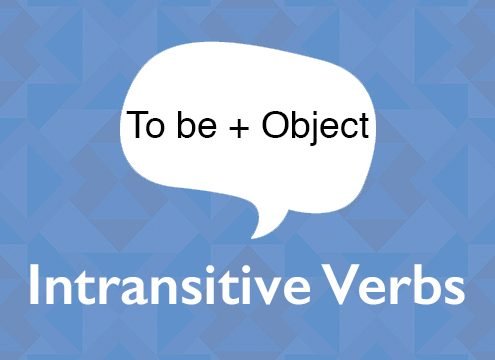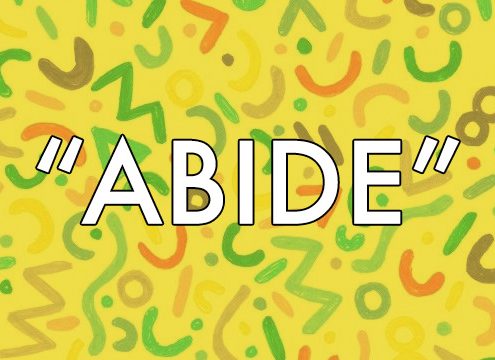Intransitive (intransitivo) verbs do not have an object. The same rule applies in Spanish.
Despite this basic rule, mistakes are made especially by the Americans and unthinking minds
(mentes irreflexivas).
Verbs such as laugh, appear, arrive and disappear do not have an object. For example, Mr.
Sanchez laughed. You should not say “Mr. Sanchez laughed joke”. You should say Mr. Sanchez
laughed at the joke.
The verb “to be” is intransitive (as in Spanish) and has no object. The “verb to be” describes
the subject of a sentence. “I am tired” is an example. Yet many people put an object with this
verb. Typical examples of this sadly endemic (endémico) error are:
- It is me.
- It is him.
- It is them.
- That is her.
Words such as “me, “him” and “her” are object pronouns. In these (above) examples we have
sentences with no subject, just objects. A sentence needs a subject and the verb “to be” does
not have an object. So the correct form of these four examples is:
- It is I.
- It is he.
- It is they.
- It is she.
Another (intransitive) verb that is used incorrectly is “exit”. Have you seen sentences like
these? Perhaps many times.
- He exited the building.
- You should exit the motorway at junction 12.
Both of these are wrong. The correct forms are “he left the building” and you should “leave
the motorway…” The word “exit” is intransitive and should have no object. “He exited at
midnight” is an example of correct use. It is also a noun meaning “salida”.

















